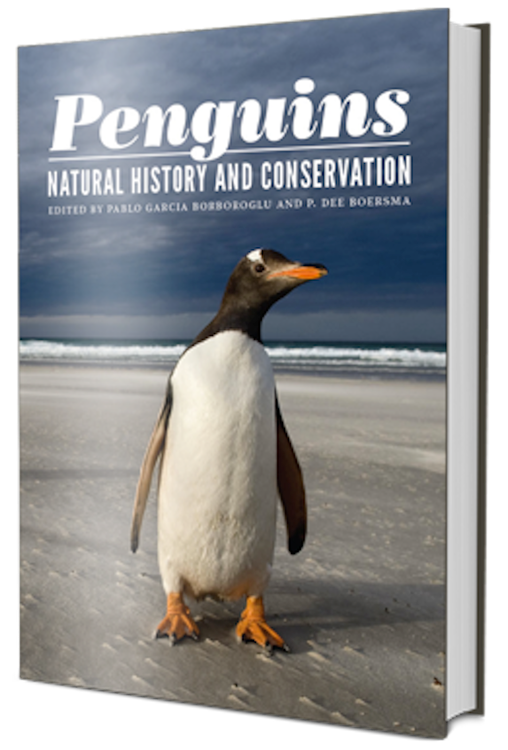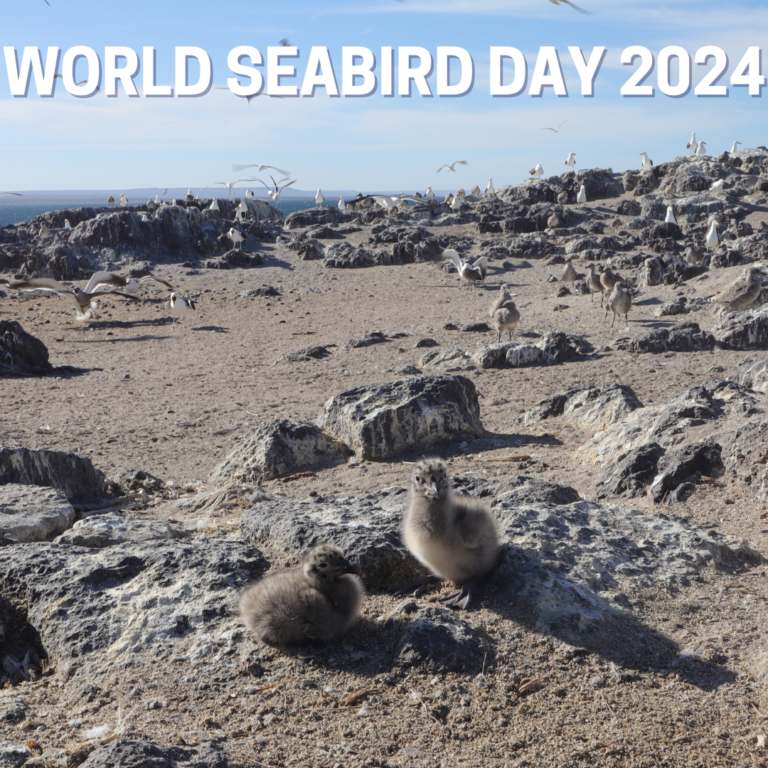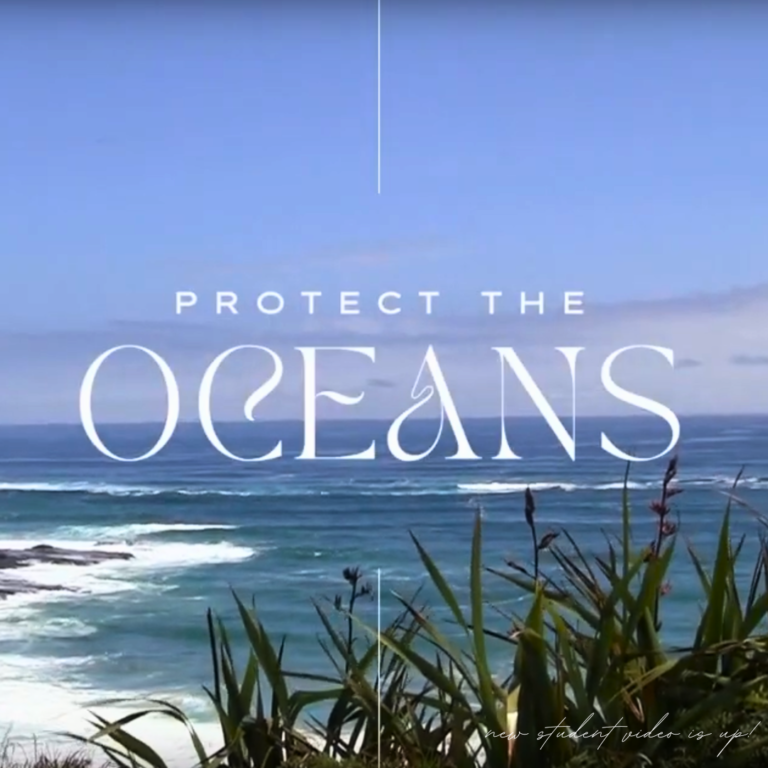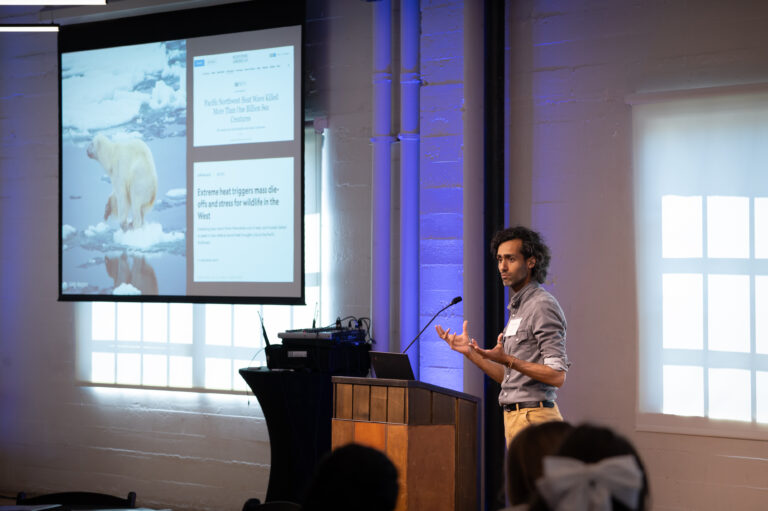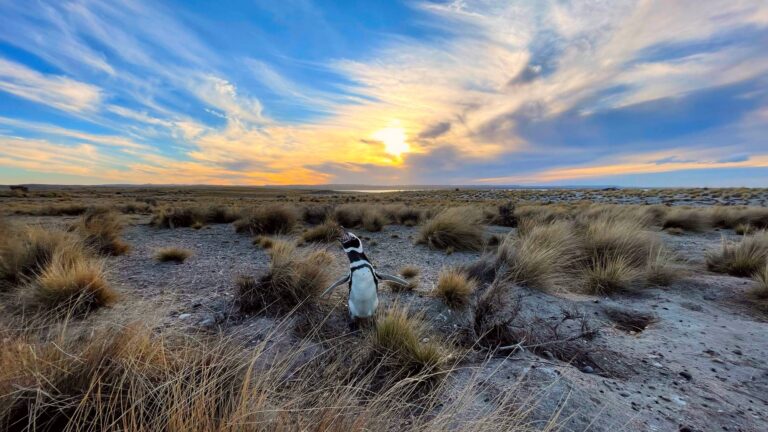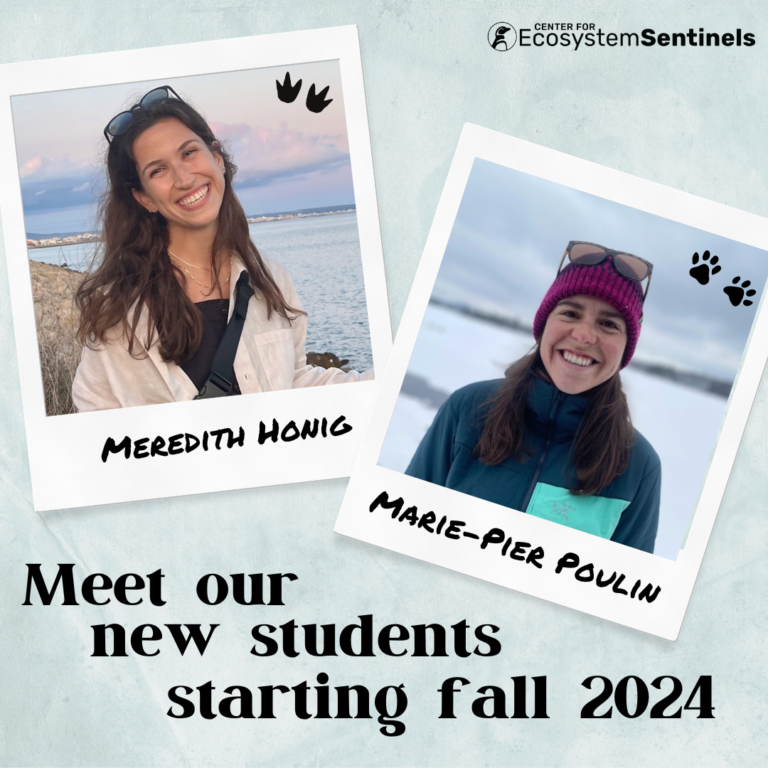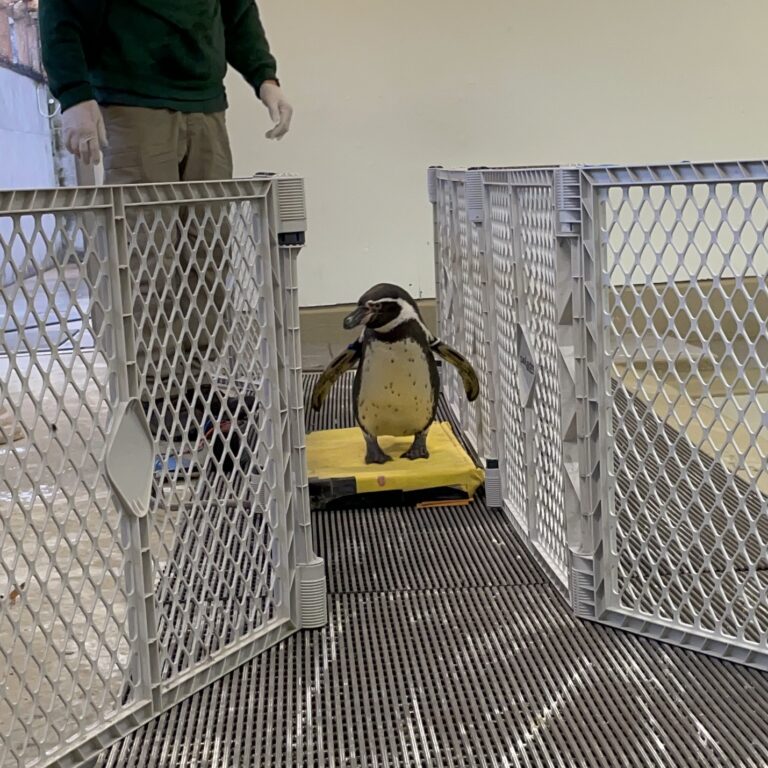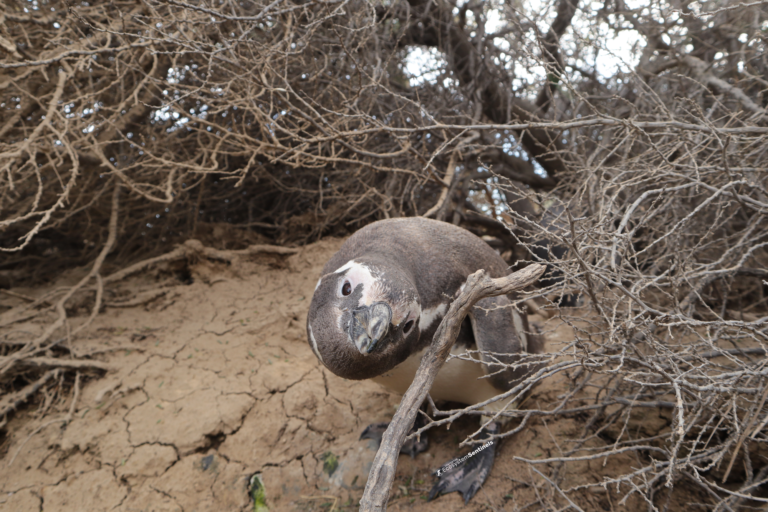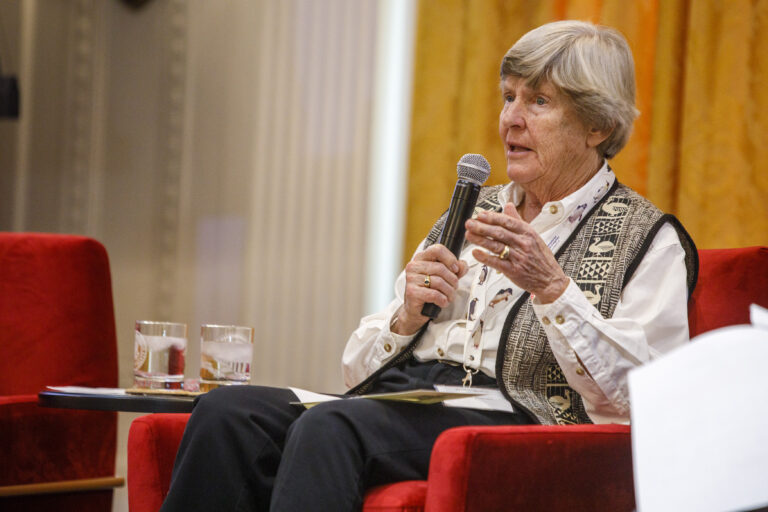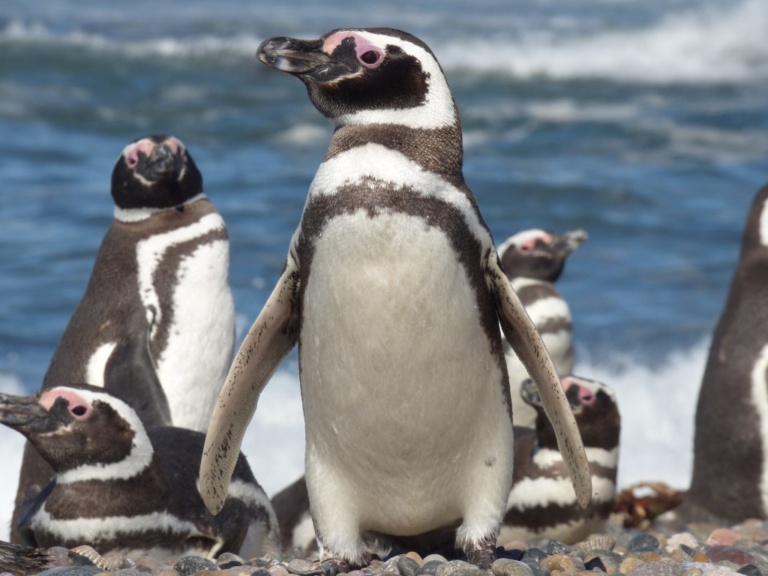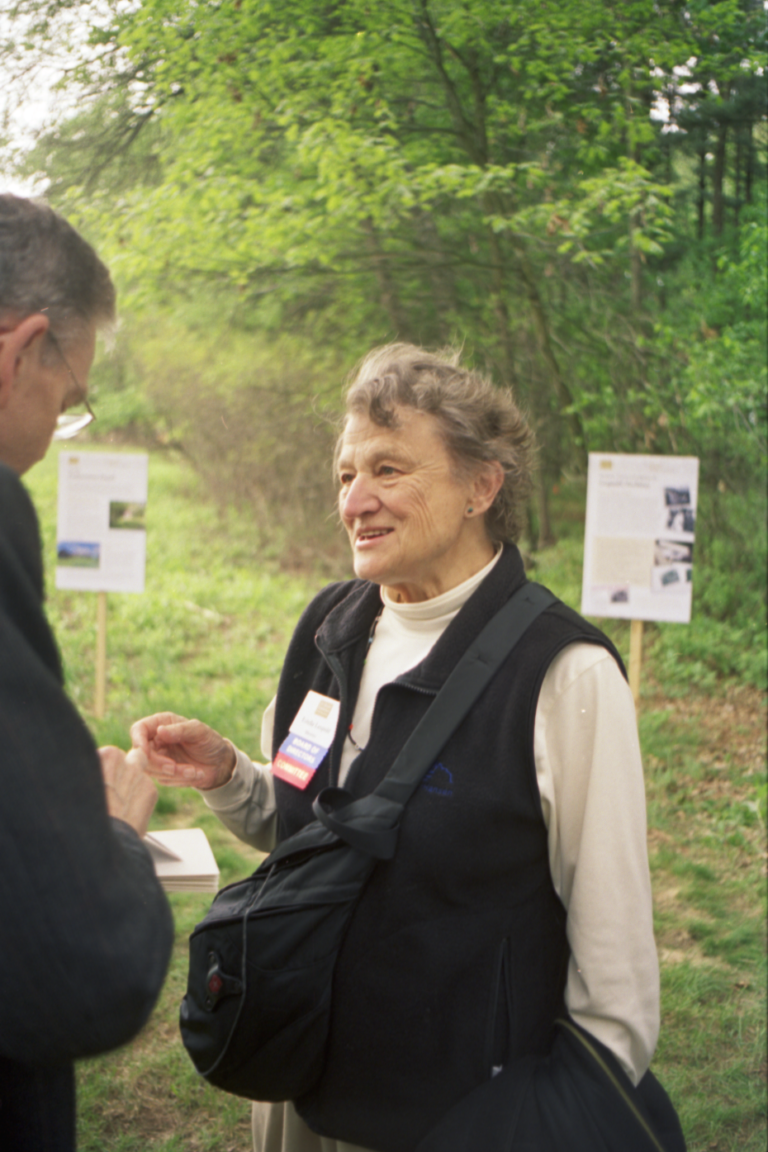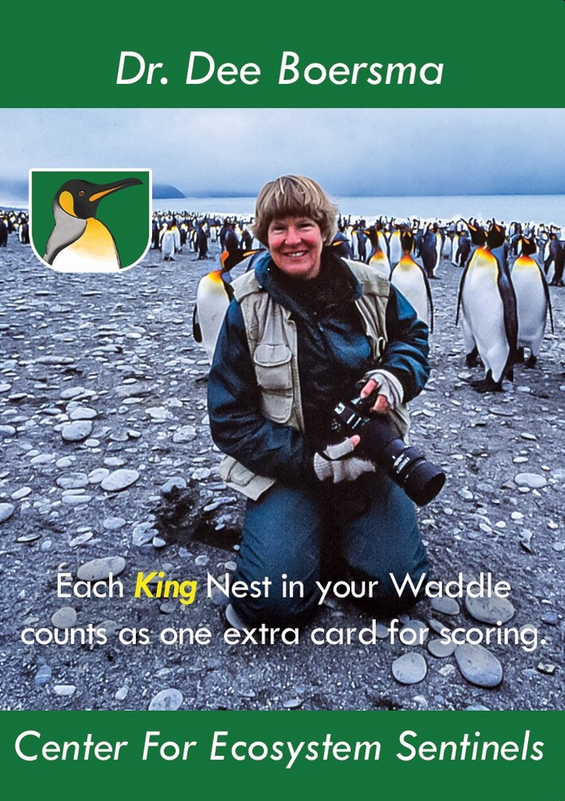PENGUINS: Natural History and Conservation
Published over 10 years ago, Penguins: Natural History and Conservation is still considered the publication about penguins. UW PressBookshop.comAmazon.com Penguins, among the most delightful creatures in the world, are also among the most vulnerable. The fragile status of most penguin populations today mirrors the troubled condition of the southern oceans, as well as larger marine conservation problems: climate change, pollution, […]
PENGUINS: Natural History and Conservation Read More »
